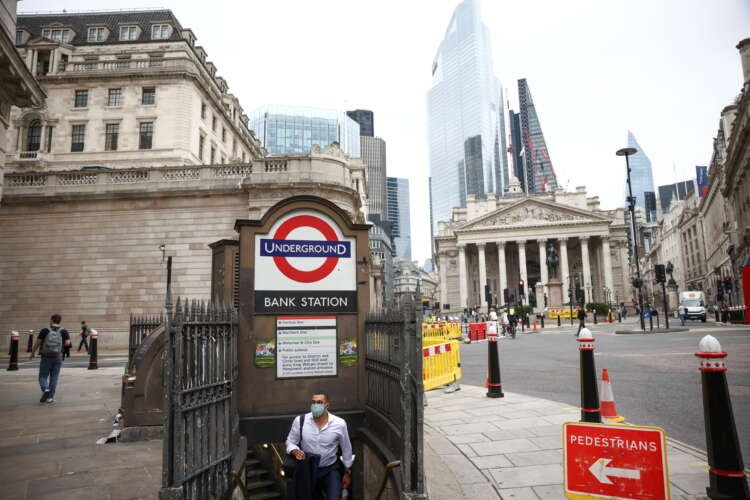Finance
Recovering tax take helps narrow UK public borrowing chasm
Published by maria gbaf
Posted on June 22, 2021
1 min readLast updated: January 21, 2026

Published by maria gbaf
Posted on June 22, 2021
1 min readLast updated: January 21, 2026

Explore more articles in the Finance category
